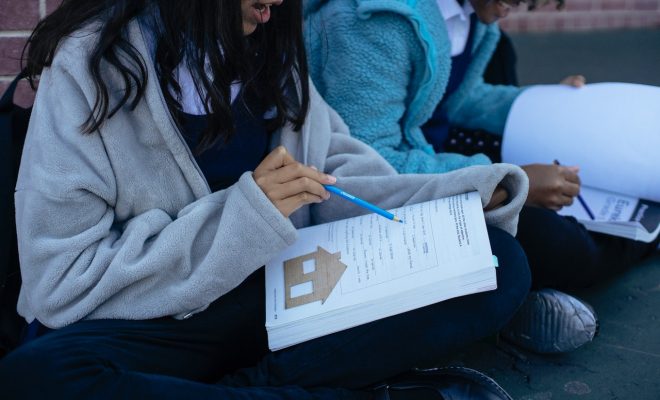The Difference Between Meanness and Bullying

Introduction
In today’s world, the terms meanness and bullying are often used interchangeably. However, there is a distinct difference between the two concepts. While both behaviors can have a significant impact on an individual’s well-being, understanding the differences between meanness and bullying is crucial for addressing these issues effectively. This article aims to dive deeper into these differences and provide a better understanding of how to deal with each.
Meanness Explained
Meanness refers to actions or behavior that cause discomfort, unhappiness, or pain to another person. Acts of meanness might be intentional or unintentional and can vary in intensity from mild teasing to deliberate exclusion from a group. Meanness may be a one-time occurrence or sporadic incidents.
Some examples of meanness include:
– Making fun of someone in a light-hearted manner.
– Purposefully leaving someone out of an event or activity, but not on an ongoing basis.
– Passing judgment on others based on looks, clothing, or personal preferences.
Bullying Defined
On the other hand, bullying is a persistent and repeated pattern of aggressive behavior that involves an imbalance of power between the targeted individual and the perpetrator. The aggression can be physical, verbal, social, or online (in the form of cyberbullying). The main goal of a bully is to gain control over their victim by instilling fear or distress.
Some examples of bullying include:
– Repeatedly making fun of someone with the intent to harm their self-esteem.
– Spreading harmful rumors about someone to alienate them from their peers.
– Physical harassment, such as hitting, kicking, or pushing.
Key Differences Between Meanness and Bullying
1. Frequency: While meanness may occur sporadically or as isolated incidents, bullying is a continuous pattern observed over an extended period.
2. Intent: An act of meanness may not always intend to harm the targeted individual, but bullying always involves malicious intent to control or harm the victim.
3. Power Imbalance: Bullying occurs when there is a clear power imbalance between the bully and the victim. Meanness doesn’t necessarily involve unequal power dynamics.
Addressing Meanness and Bullying
To effectively address meanness and bullying, it is essential to identify the primary differences between them.
For meanness:
– Encourage open communication with children or peers, allowing them to discuss their feelings.
– Teach empathy and understanding, stressing the importance of kindness and respect.
– Address any incidents of mean behavior immediately to prevent escalation into bullying.
For bullying:
– Establish a safe environment for children or individuals to report instances of bullying.
– Implement policies, rules, and consequences against bullying in schools or workplaces.
– Offer support and resources for both victims and perpetrators of bullying to promote healing and positive change.
Conclusion
While there are similarities between meanness and bullying, it is essential to recognize their distinct differences. Understanding these differences will help in implementing proper prevention methods, interventions, and support systems for those affected by both meanness and bullying. Cultivating a culture of kindness, respect, and empathy is crucial in ensuring that everyone can navigate social interactions safely and constructively.






